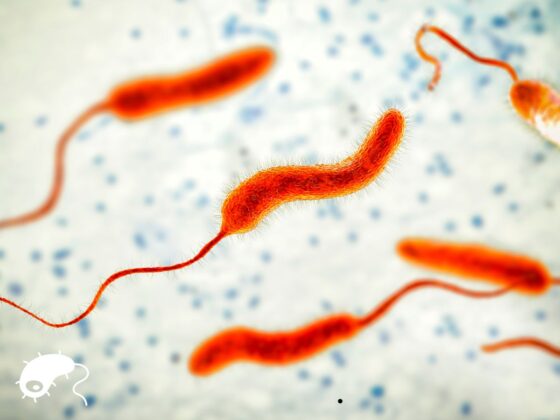Apple Cider Vinegar, also known as ACV, has become a staple for many health freaks around the world in recent years. Drinking ACV on an empty stomach is now a ritual that some adhere to when trying to shed kilos naturally or help their body get rid of excessive fat. Nevertheless, it’s worth noting that consumption of ACV on an unfilled stomach can have some unwelcome effects.
In this article, we tell you what all may happen inside your body when your start your day with a glass of ACV on an empty stomach.
5 Dangerous Side Effects of Apple Cider Vinegar
Here are 7 dangerous side effects of starting your day with a shot of apple cider vinegar:
Indigestion or Bloating
A frequently reported setback from drinking Apple Cider Vinegar while fasting is disturbance in digestion. ACV has strong acid content, and if taken in large measures, it can trigger discomfort in the stomach, bloating, or even diarrhoea. So start small, and slowly step up your intake to evade these digestive problems.
Impacts on Bone Health
Enduring intake of Apple Cider Vinegar on an unfilled stomach might negatively influence bone health. The high acidity of ACV can extract calcium from bones, lowering bone density over time. So make sure to moderate your ACV intake and maintain a diet rich in calcium.
Causes Blood Sugar Spikes
Yes, you read that right! Consuming Apple Cider Vinegar on an empty stomach might also lead to unpredictable shifts in your blood sugar levels. Although ACV is known to enhance insulin sensitivity and help maintain blood sugar, when consumed without any food, it can provoke a sudden dip in blood sugar. This can cause dizziness, fatigue, or light-headedness, so diabetic individuals should keep a close eye on their sugar levels if they’re consuming ACV.
Can Cause Tooth Erosion
Yes, one of the worst affects of excessive consumption of apple cider vinegar is tooth erosion. This mainly happens because ACV is acidic in nature, which makes it more easy for the enzymes present in it to cause tooth erosion.
May Interact With Your Medication
One more crucial consideration is the possibility of ACV clashing with specific drugs. ACV could hinder the absorption of medications such as diuretics, insulin, and digoxin, which could potentially diminish their effectiveness or result in adverse effects. So, always consult your healthcare provider before combining ACV with any medications.











